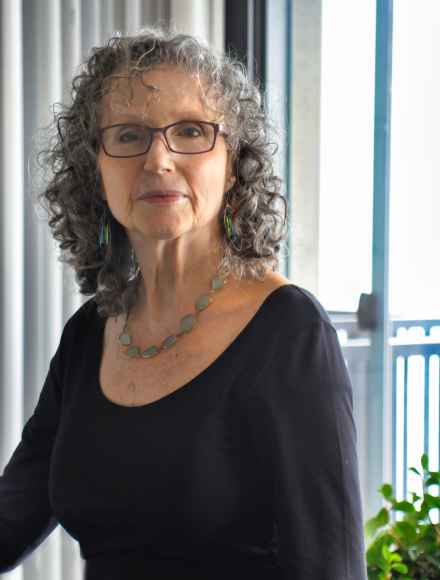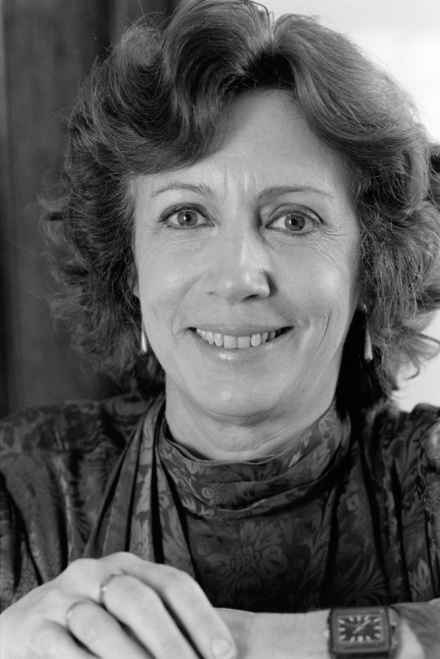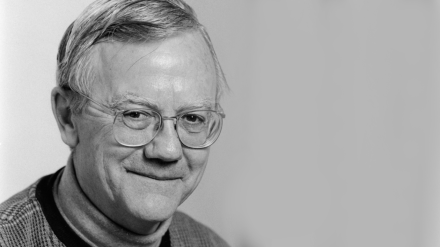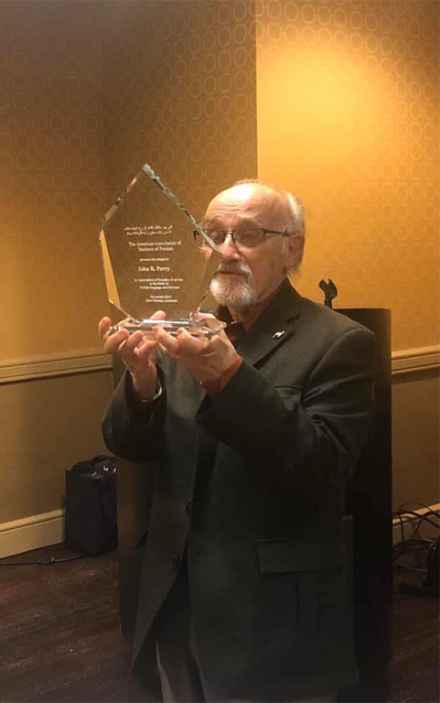UChicago Composer to Debut Opera about Anne Frank
Prof. Shulamit Ran first read Anne Frank: The Diary of a Young Girl at age 12 while growing up in Israel. The book’s power never waned, and over the years the University of Chicago composer has written several works with a focus on the Holocaust during her Pulitzer Prize-winning career.
Now, Ran has returned to Anne Frank by creating the music for a full-scale opera based on Frank’s remarkable diary—a project into which she said she poured tremendous mental and emotional energy. Titled Anne Frank, the work will premiere on March 3 at Indiana University.
“The topic of Anne Frank was one that I thought about at different times and from various perspectives. As in my other works that speak to the difficult subject of the Holocaust, my desire through music has been to say: ‘Do not forget,’” said Ran, the Andrew MacLeish Distinguished Service Professor Emerita in the Department of Music. “From the moment that I decided that I would indeed create an opera that has the diary of Anne Frank at its center, I felt I had taken on a huge responsibility and, with responsibility, comes risk. She has become such an incredible, larger-than-life, iconic figure for so many throughout the world. Yet it was important for me that my opera be about a real person, not a figure that you put on a pedestal.”



